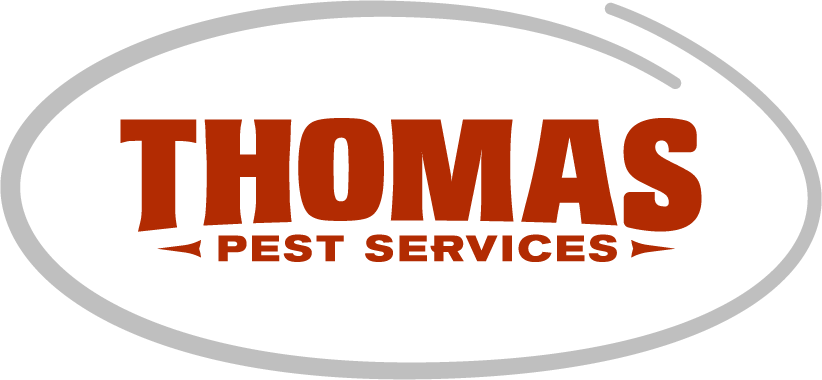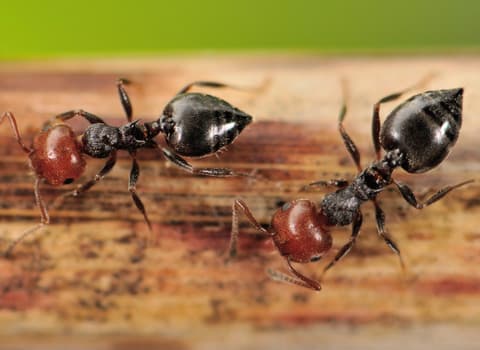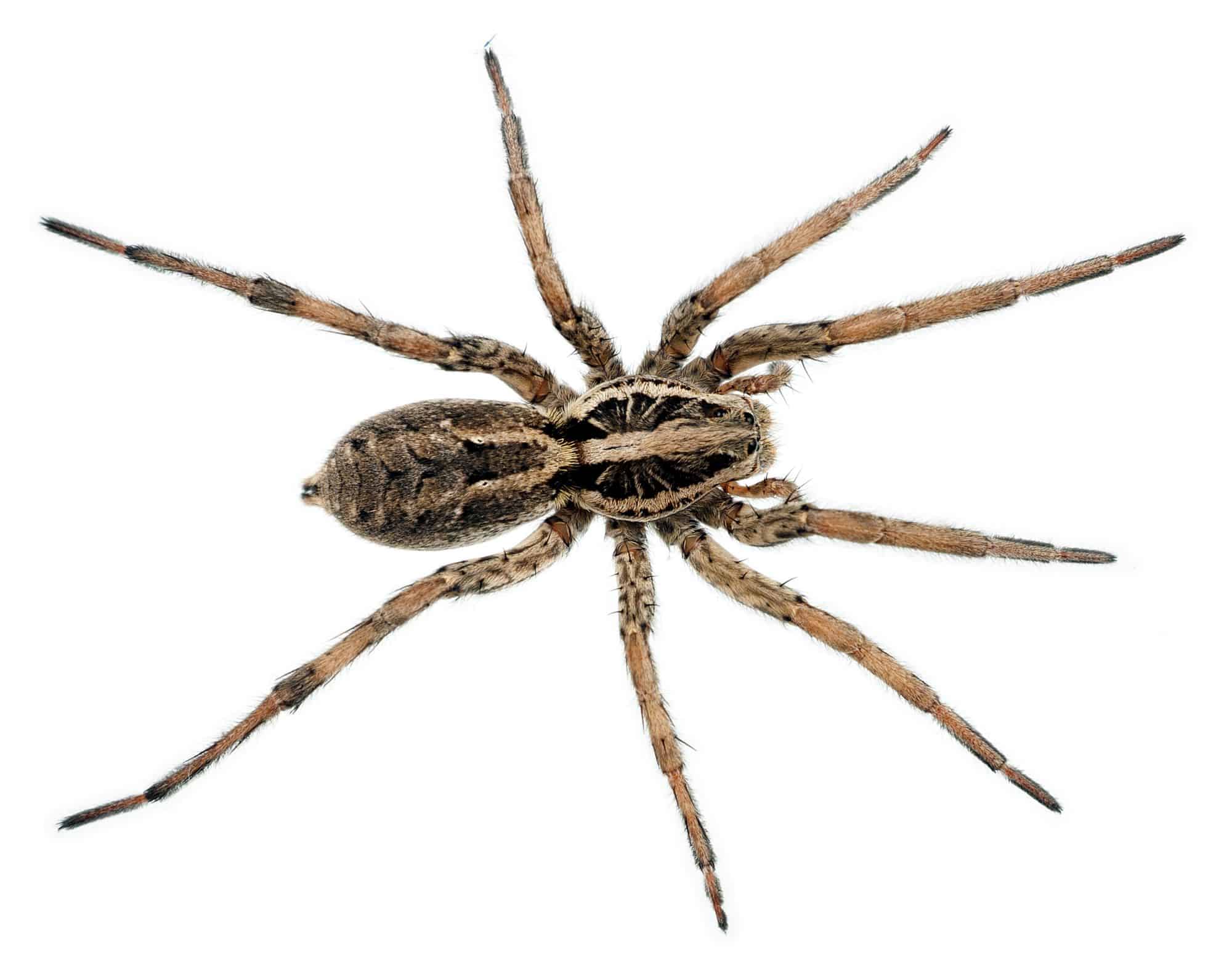CDC Releases Updated West Nile Virus Infections Map
Human cases of West Nile virus infections have been reported to the Centers for Disease Control in 14 states: Alabama, Arizona, California, Colorado, Georgia, Iowa, Minnesota, Mississippi, Nebraska, Nevada, South Dakota, Tennessee, Texas, and Washington.
According to PCT Magazine, CDC also reported non-human WNV infections from the following states: Arizona, California, Colorado, Connecticut, District of Columbia, Florida, Idaho, Illinois, Indiana, Iowa, Louisiana, Massachusetts, Michigan, Minnesota, Mississippi, Nebraska, Nevada, New Jersey, New York, Ohio, Oregon, Pennsylvania, South Dakota, Tennessee, Texas, Utah, Vermont, Washington, West Virginia, Wisconsin, and Wyoming.
What is West Nile virus?
West Nile virus is an arthropod-borne virus most commonly spread by infected mosquitoes. West Nile virus can cause febrile illness, encephalitis (inflammation of the brain) or meningitis (inflammation of the lining of the brain and spinal cord).
How do people get infected with West Nile virus?
Most people get infected with West Nile virus from a mosquito bite of an infected mosquito. Mosquitoes become infected when they feed on infected birds. Infected mosquitoes can then spread the virus to humans and other animals.
In a very small number of cases, West Nile virus has been spread through blood transfusions, organ transplants, and from mother to baby during pregnancy, delivery, or breastfeeding.
Who is at risk for infection with West Nile virus?
Anyone living in an area where West Nile virus is present in mosquitoes can get infected. West Nile virus has been detected in all lower 48 states (not in Hawaii or Alaska). Outbreaks have been occurring every summer since 1999. The risk of infection is highest for people who work outside or participate in outdoor activities because of greater exposure to mosquitoes.
How soon do people get sick after getting bitten by an infected mosquito?
The incubation period is usually 2 to 6 days but ranges from 2 to 14 days. This period can be longer in people with certain medical conditions that affect the immune system.
What are the symptoms of West Nile virus disease?
No symptoms in most people. Most people (70-80%) who become infected with West Nile virus do not develop any symptoms.
Febrile illness in some people. About 1 in 5 people who are infected will develop a fever with other symptoms such as headache, body aches, joint pains, vomiting, diarrhea, or rash. Most people with this type of West Nile virus disease recover completely, but fatigue and weakness can last for weeks or months.
Severe symptoms in a few people. Less than 1% of people who are infected will develop a serious neurologic illness such as encephalitis or meningitis (inflammation of the brain or surrounding tissues). The symptoms of neurologic illness can include headache, high fever, neck stiffness, disorientation, coma, tremors, seizures, or paralysis.
Recovery from severe disease may take several weeks or months. Some of the neurologic effects may be permanent. About 10 percent of people who develop neurologic infection due to West Nile virus will die.
What is the treatment for West Nile virus disease?
There are no medications to treat or vaccines to prevent West Nile virus infection. Over-the-counter pain relievers can be used to reduce fever and relieve some symptoms. In more severe cases, patients often need to be hospitalized to receive supportive treatment, such as intravenous fluids, pain medication, and nursing care.
When do most cases of West Nile virus disease occur?
Most people are infected from June through September.
How can people reduce the chance of getting infected?
The most effective way to avoid West Nile virus disease is to prevent mosquito bites:
- Use insect repellents when you go outdoors. Repellents containing DEET, picaridin, IR3535, and some oil of lemon eucalyptus and para-menthane-diol products provide longer-lasting protection.
- Wear long sleeves and pants from dusk through dawn when many mosquitoes are most active.
- Install or repair screens on windows and doors. If you have it, use your air conditioning.
- Help reduce the number of mosquitoes around your home. Empty standing water from containers such as flowerpots, gutters, buckets, pool covers, pet water dishes, discarded tires, and birdbaths.
- Thomas Pest Services offers Mosquito Control and Tick Control services that provide a reduction of mosquito and tick populations around your property.
Thomas Pest Service’s Mosquito and Tick Control is a green, organic service. You can use your yard and property normal once the product has time to dry. Customers love the ability to get rid of mosquitoes and get rid of ticks naturally! Living in and around the Capital Region it is inevitable you will be outside. Allow Thomas Pest Services’ mosquito services to reduce you and your families’ risk against mosquitoes, a public enemy. If you live in Clifton Park or elsewhere in the Capital Region and need assistance getting rid of mosquitoes or ticks, start here for a free estimate!




